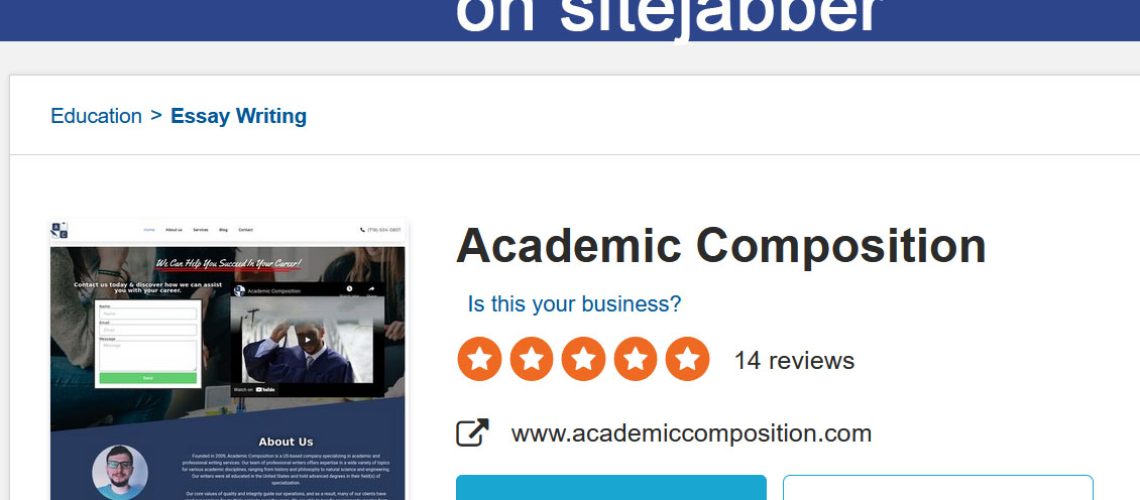In the realm of sports, few names carry the weight and prestige of Lionel Messi. The footballing legend’s move to Inter Miami CF in 2021 didn’t just make waves on the pitch but had profound economic implications for the city of Miami. Let’s dive into the economic analysis of the “Messi Effect” on the Magic City.
The Arrival of a Legend
Lionel Messi’s arrival in Miami was a game-changer from day one. The signing brought global attention to the city and the franchise. Inter Miami, a relatively new Major League Soccer (MLS) team, instantly became a magnet for fans, sponsors, and investors.
Ticket Sales and Merchandise Boom
One of the most direct economic impacts of Messi’s presence was the surge in ticket sales and merchandise. Inter Miami’s home games at DRV PNK Stadium were consistently sold out, with fans flocking to witness Messi’s magic on the field. The demand for Messi jerseys and Inter Miami memorabilia skyrocketed, creating a substantial revenue stream for the club and local businesses.
Tourism and Hospitality Surge
Miami has long been a global tourist hotspot, but Messi’s arrival elevated its status as a sports tourism destination. Football enthusiasts from around the world made pilgrimages to Miami to see Messi in action. Hotels, restaurants, and local attractions benefited immensely from the influx of visitors, especially during matchdays.
Sponsorship and Endorsements
With Messi in their ranks, Inter Miami secured lucrative sponsorship deals and endorsements. Major brands wanted to be associated with the global football icon, leading to partnerships that injected substantial funds into the club. Additionally, Messi’s personal endorsement deals extended beyond the pitch, further enhancing his and the club’s economic impact.
Increased Media Rights and Broadcast Deals
The “Messi Effect” also extended to media rights and broadcast deals. Television networks and streaming platforms competed fiercely to secure broadcasting rights for Inter Miami’s matches. This heightened competition translated into more significant deals, bringing additional revenue to the club and boosting Miami’s prominence in the sports media landscape.
Local Job Creation
The economic benefits weren’t confined to Inter Miami alone. The increased economic activity led to job creation in various sectors. From event staff at the stadium to hospitality workers serving fans, Messi’s presence generated employment opportunities for Miami residents.
Real Estate and Property Values
Miami’s real estate market also felt the Messi Effect. The city’s desirability as a place to live and invest increased, leading to a surge in property values and real estate transactions. Luxury properties in proximity to DRV PNK Stadium saw significant appreciation.
The Messi Ripple Effect
Beyond the direct economic impacts, Messi’s presence had a “ripple effect” on Miami’s image and global recognition. The city solidified its status as a sports and entertainment hub, attracting not only football fans but also investors, entrepreneurs, and high-profile individuals.
Conclusion
In economic terms, the signing of Lionel Messi by Inter Miami CF was a slam dunk. The “Messi Effect” turbocharged ticket sales, merchandise, tourism, sponsorships, media rights, job creation, and real estate values. It transformed Miami into a global football destination and elevated the city’s economic profile.
Messi didn’t just play football in Miami; he scored an economic goal that reverberated across various sectors of the city. The “Messi Effect” isn’t just about what he did on the pitch; it’s about how he transformed Miami into an even more dynamic and economically vibrant metropolis.
academiccomposition@gmail.com, 718-504-0807

